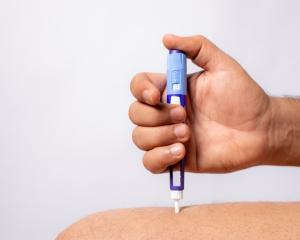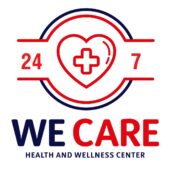Proudly Part of Privia Health

Infection prevention week
International Infection Prevention Week (I.I.P.W.) is observed every third week of October to educate stakeholders and the general public on the importance of preventing the spread of illnesses and infectious agents.
- Hand Hygiene: Proper handwashing is one of the most effective ways to prevent infections. Patients should thoroughly wash their hands with soap and water for at least 20 seconds, especially before eating, after using the restroom, and after coughing or sneezing. If soap and water are not available, using hand sanitizer with at least 60% alcohol can also be effective.
- Vaccinations: Staying up-to-date with recommended vaccinations is crucial for preventing certain infections. Patients should discuss their vaccination status with their healthcare provider and ensure they receive vaccines that are appropriate for their age and health condition. This includes vaccinations for diseases like influenza, measles, mumps, rubella, and COVID-19, among others.
- Infection Control Measures: Patients should be aware of infection control measures in healthcare settings. This includes following any isolation precautions, wearing masks when necessary, and practicing respiratory etiquette by covering their mouth and nose with a tissue or their elbow when coughing or sneezing. Patients should also be proactive in asking healthcare providers about their infection control practices to ensure a safe healthcare environment.
By understanding and practicing these key infection prevention principles, patients can play an active role in safeguarding their health and the health of those around them.
